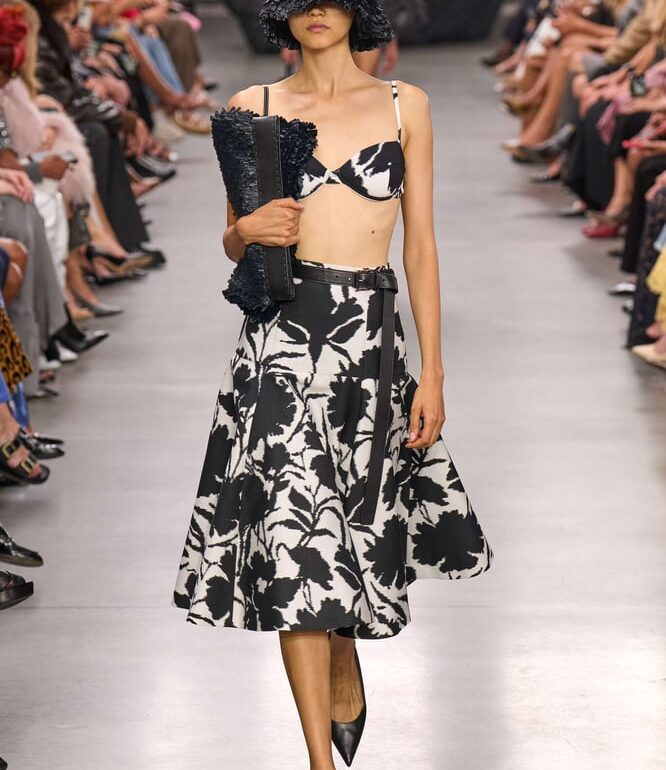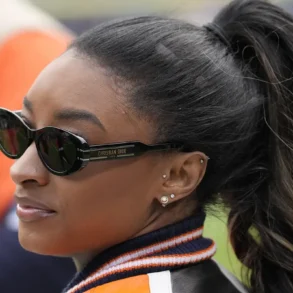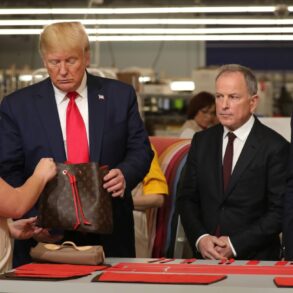By
Bloomberg
Published
September 16, 2024
Fashion designer Michael Kors told a federal judge that competition in the handbag market is so robust and varied that he first learned about one brand only when he saw a photo of a bag on Taylor Swift’s arm.
“When I looked at the brand, the website crashed immediately,” Kors testified about Aupen, the label behind a breakout celebrity bag from last year that has also been carried by Jennifer Lawrence, Kylie Jenner and Olivia Rodrigo.
Kors was on the witness stand Monday in the second week of a hearing that will decide the fate of a planned $8.5 billion acquisition by Tapestry Inc. of Capri Holdings Ltd. He told the judge about handbags that have gotten a jolt of publicity and popularity from showing up in photos of Beyoncé and Madonna as well.
The deal would combine Tapestry’s Coach, Kate Spade and Stuart Weitzman with Capri’s Michael Kors, Versace and Jimmy Choo and create one of the world’s biggest fashion brands. US antitrust enforcers are suing to block the tie-up, claiming it would reduce competition in the market for “accessible luxury” handbags. It’s the US Federal Trade Commission’s first fashion industry challenge under Chair Lina Khan as the agency has fought takeovers in sectors from tech to groceries, with mixed results.
The companies argue that competition in the handbag market is wildly diverse, ranging from a $2.99 Trader Joe’s tote that went viral to European luxury brands that sell for thousands of dollars. They argue that the acquisition is crucial to revitalize Kors’ stagnant handbag brand.
Kors, 65, told US District Judge Jennifer Rochon how he launched his first line of women’s wear from his Manhattan apartment in 1981, and outlined the ups and down of his four-decade career.
“Sometimes you’ll be the hottest thing on the block, sometimes you’ll be lukewarm, sometimes you’ll be ice cold,” he testified. In recent years his brand has been in decline, he told the court.
“I think we’ve reached a point of brand fatigue,” Kors testified. “It’s in a state of stasis at this point.”
He told Rochon that Capri has been working to bring the brand back to life but that it hasn’t worked, due in part to “financial constraints.” The deal would create the fourth-largest luxury company in the world and the second-largest in the Americas after LVMH, according to research firm GlobalData.
Analysts at TD Cowen led by Oliver Chen define accessible luxury handbags as costing $150 on average and estimate the size of the US market at $10 billion to $15 billion. Looking at the companies’ biggest brands, Coach has an 11% share of that market, while Michael Kors has 9%, the analysts estimate.
Testimony is scheduled to wrap up Tuesday. Rochon, who is overseeing the case without a jury, will hear closing arguments on Sept. 30 and then decide whether to issue an order preliminarily blocking the deal while an FTC internal proceeding goes forward. An order delaying the deal would effectively kill it.
During Kors’ testimony, a Capri lawyer asked the designer which brands he considered the rivals to his bags.
“It has become much more elastic — everything from Lululemon, Zara, Louis Vuitton, to resale,” he said, referring to second-hand sales, which weren’t prevalent in the 2000s but are available to a wide swath of consumers these days. “Now everybody is out there.”
Sales can skyrocket based on the choices of stars and online influencers, who are often paid to carry particular brands, Kors said. Because of the surge of social media including TikTok, it’s much easier to launch a new brand than it was 10 years ago, and to become a “sensation,” he said.
But he told the judge he was pretty sure that wasn’t the case with mega-celebrities such as Swift, Beyoncé and Madonna.
“None of these brands have the money to pay them,” he said.
The case is Federal Trade Commission v. Tapestry Inc., 24-cv-03109, US District Court, Southern District of New York (Manhattan).
This post was originally published on this site be sure to check out more of their content.








